Description
Description
Rotavec Corona 10ml, POM-VPS (Fridge)
Rotavec Corona 10ml For the active immunisation of pregnant cows and heifers to raise antibodies against E. coli adhesin F5 (K99) antigen, rotavirus and coronavirus. While calves are fed colostrum from vaccinated cows during the first two to four weeks of life, these antibodies have been demonstrated to:- reduce the severity of diarrhoea caused by E. coli F5 (K99)- reduce the incidence of scours caused by rotavirus- reduce the shedding of virus by calves infected with rotavirus or coronavirus.
Storage instructions:
Store between 2°C and 8°C.
Protect from light.
Do not freeze.
Composition:
A white liquid emulsion vaccine. Each 2 mℓ contains: 107.6 -107.9 TCID50 inactivated bovine rotavirus, 150 – 230 ELISA units inactivated coronavirus and 100 -120 units inactivated E. coli K99 antigens and 0.85 -1.15 mg aluminium and 1.40 mℓ light mineral oil/emulsifier as adjuvant.
Preservative: Thiomersal 0.0006 % w/v.
Indications:
For the active immunisation of pregnant cows and heifers to raise antibodies against E. coli adhesion F5 (K99) antigen, rotavirus and coronavirus. While calves are fed colostrum from vaccinated cows during the first two to four weeks of life, these antibodies have been demonstrated to:
- reduce the severity of diarrhoea caused by E. coli F5 (K99)
- reduce the incidence of scours caused by rotavirus
- reduce the shedding of virus by calves infected with rotavirus or coronavirus
Warnings:
- Only vaccinate healthy animals.
- Rotavec® Corona should not be mixed with other medicaments or vaccines.
- No information is available on the concurrent use of this vaccine with any other vaccines. It is, therefore, recommended that no other vaccine should be administered within 14 days before or after vaccination with this product.
- Partly used containers of the vaccine should be discarded within 8 hours of opening.
- USERWARNING – If you inject yourself accidentally with this product, seek immediate medical treatment.
Note to doctor
Accidental self-injection with this oil-based product can cause intense vascular spasm which may, for example result in the loss of a digit. Expert PROMPT surgical attention is required and may necessitate early incision and irrigation of the injected area, especially where there is involvement of finger pulp or tendon sheaths. - Any unused product or waste material should be disposed of in accordance with national requirements.
- Keep out of reach of children, uninformed persons and animals.
- Although this vaccine has been extensively tested under a large variety of conditions, failure thereof may ensue as a result of a wide range of reasons. If this is suspected, seek veterinary advice and notify the registration holder.
DIRECTIONS FOR USE – USE ONLY AS DIRECTED
SHAKE WELL BEFORE USE.
Dose: Cows and heifers 2 mℓ
- NO WITHDRAWAL PERIOD.
- By intramuscular injection. The recommended site is the side of the neck.
- A single injection should be given during each pregnancy at any time between 12 weeks and 3 weeks before calving is expected.
- Syringes and needles should be sterilised before use and the injection should be made through an area of clean, dry skin taking precautions against contamination.
Immunity:
In any animal population there may be a small number of individuals which fail to respond fully to vaccination. Successful vaccination depends upon correct storage and administration of the vaccine, together with the animal’s ability to respond. This can be influenced by such factors as genetic constitution, intercurrent infection, age, the presence of maternally-derived antibodies, nutritional status, concurrent drug therapy and stress.
Colostrum feeding:
Protection of calves depends on the physical presence of colostrum antibodies (from vaccinated cows) within the gut for the duration of the first 2 to 3 weeks of life until calves develop their own immunity. Thus it is essential to ensure adequate colostrum feeding for the whole of the period to maximise the efficacy of vaccination.
All calves must receive adequate colostrum from their dams within 6 hours of birth. Suckled calves will continue to receive adequate colostrum naturally by feeding from vaccinated cows.
In the dairy herd colostrum/milk from the first 6 to 8 milkings of vaccinated cows should be pooled. The colostrum may be stored below 20°C but should be used as soon as possible as immunoglobulin levels may fall by up to 50% after storage for 28 days. Where possible, storage at 4°C is recommended. The calves should then be fed on this pool at the rate of 2 ½ to 3 ½ litres per day (according to body size) for the first two weeks of life.
Optimal results will be obtained if a whole herd cow vaccination policy is adopted. This will ensure that the level of infection and consequent virus excretion in calves is kept to a minimum and consequently the overall level of disease challenge on the farm is kept to a minimum.
Further information:
Calf diarrhoea is a complex disease of which rotavirus, coronavirus and E. coli are three of the most important causal agents in calves in the first few weeks of life. The vaccine will aid in reducing the incidence of scours caused by rotavirus, coronavirus and E. coli where these are the sole aetiological agents. The vaccine provides no protection against cryptosporidia (for which there is currently no vaccine), but often mixed infections occur and it may help to some degree by providing protections against any concurrent rotavirus, coronavirus and E. coli F5 (K99) infections. The presence of each agent can be confirmed by laboratory sampling of fresh faeces samples (not swabs) taken directly from calves before any treatment. As the level of passive protection induced by the vaccine is not absolute, coronavirus and rotavirus infections may occur in calves from vaccinated dams – but will be contained whilst the calf is mounting its own active immune response against the viruses.
F5 (K99) antigen enables E. coli to adhere to the calf’s small intestine where the bacteria multiply rapidly and produce toxins leading to scours, typically in the first few days of life. Specific antibodies can inhibit E. coli sticking to the gut wall and thereby their ability to cause diseases. The E. coli F5 (K99) antigen in Rotavec® Corona promotes the production of antibodies in colostrum and milk.
Vaccination reaction:
The oil adjuvant provides the convenience of a single shot vaccine and has been carefully chosen to minimise any consequent side effects. It may produce a detectable swelling at the site of injection in a proportion of animals. The injection site reaction gradually reduces in size until it is no longer detectable, usually 14 to 21 days after treatment.
As with all vaccines occasional hypersensitivity reactions may occur. In such cases appropriate treatment such as adrenaline should be administered without delay
Presentation:
10 mℓ (5 dose) and 40 mℓ (20 dose) vials.
Registration holders:
Schering-Plough Animal Health
Co. Reg. No. 1934/005207/07 Rotavec Corona 10ml
Rotavec Corona 10ml Rotavec Corona 10ml Rotavec Corona 10ml Rotavec Corona 10ml Rotavec Corona 10ml
Rotavec Corona 10ml Rotavec Corona 10ml Rotavec Corona 10ml Rotavec Corona 10ml Rotavec Corona 10ml
Rotavec Corona 10ml Rotavec Corona 10ml Rotavec Corona 10ml Rotavec Corona 10ml Rotavec Corona 10ml
Rotavec Corona 10ml Rotavec Corona 10ml Rotavec Corona 10ml Rotavec Corona 10ml Rotavec Corona 10ml
Rotavec Corona 10ml Rotavec Corona 10ml Rotavec Corona 10ml Rotavec Corona 10ml Rotavec Corona 10ml
Rotavec Corona 10ml Rotavec Corona 10ml Rotavec Corona 10ml Rotavec Corona 10ml Rotavec Corona 10ml
Rotavec Corona 10ml Rotavec Corona 10ml Rotavec Corona 10ml Rotavec Corona 10ml Rotavec Corona 10ml
Rotavec Corona 10ml Rotavec Corona 10ml Rotavec Corona 10ml Rotavec Corona 10ml Rotavec Corona 10ml
Rotavec Corona 10ml Rotavec Corona 10ml Rotavec Corona 10ml Rotavec Corona 10ml Rotavec Corona 10ml
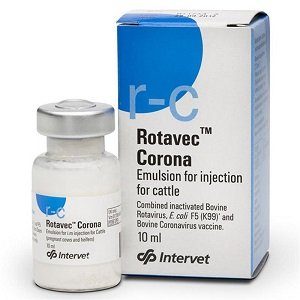
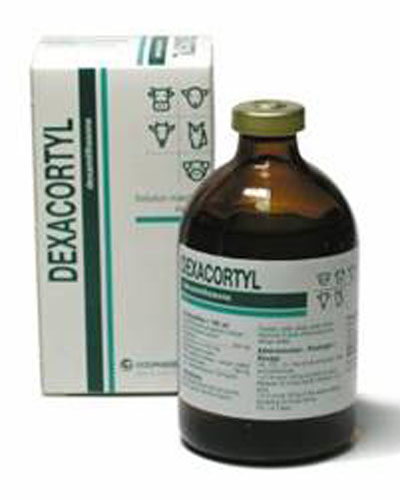

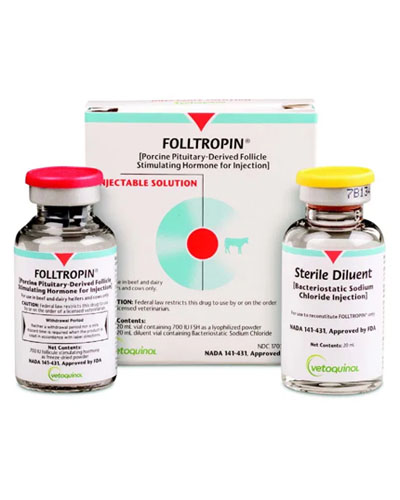

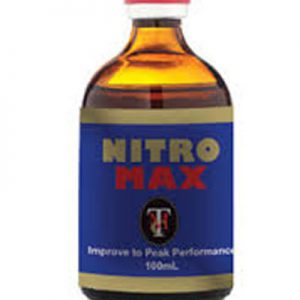
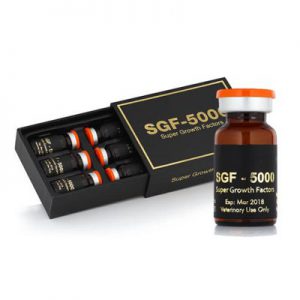
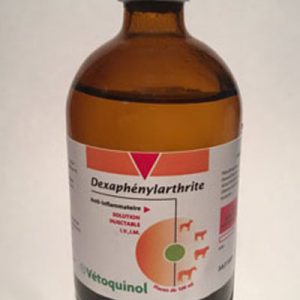

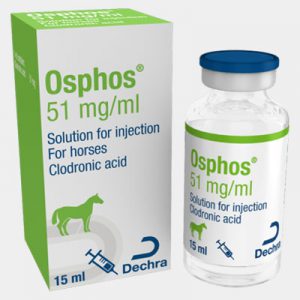
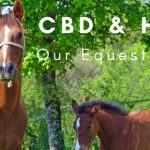
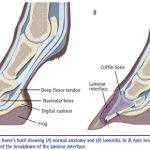
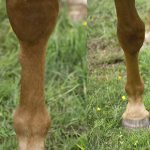

Reviews
There are no reviews yet.